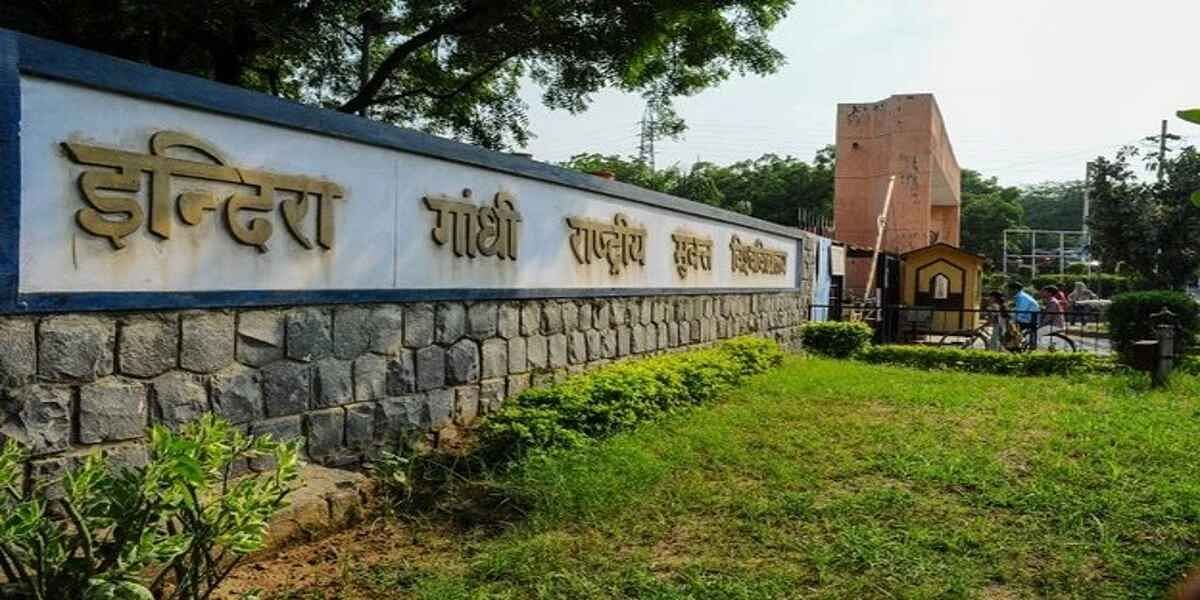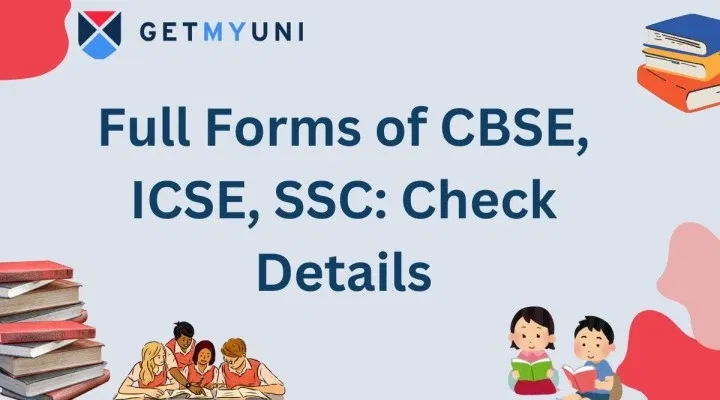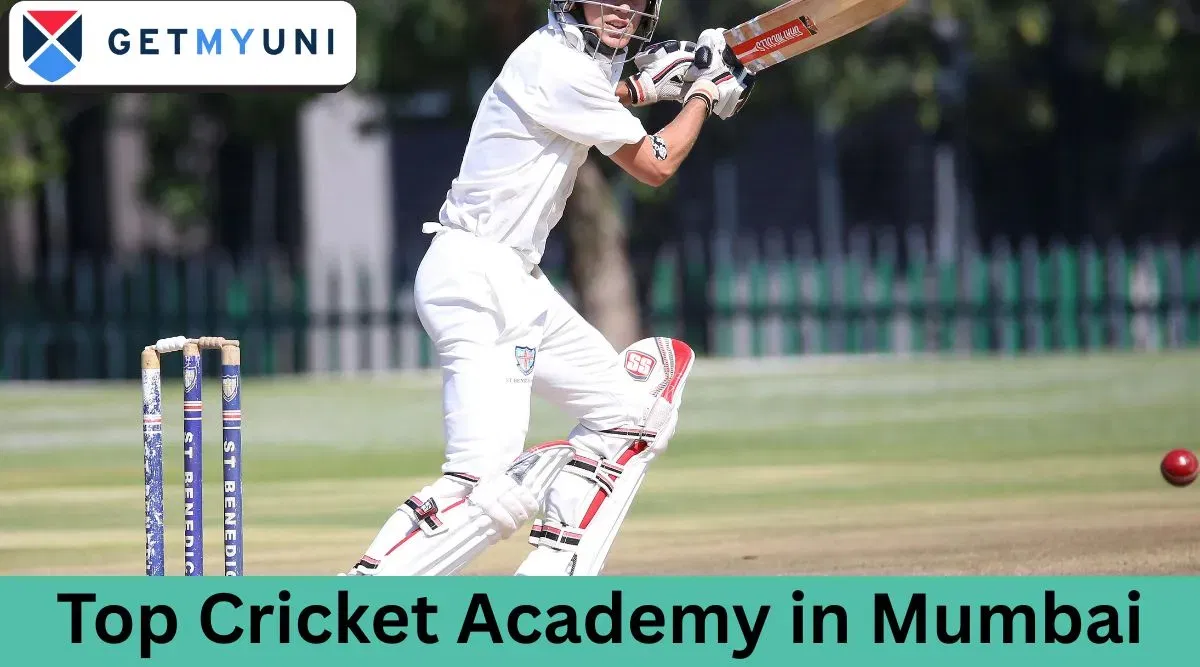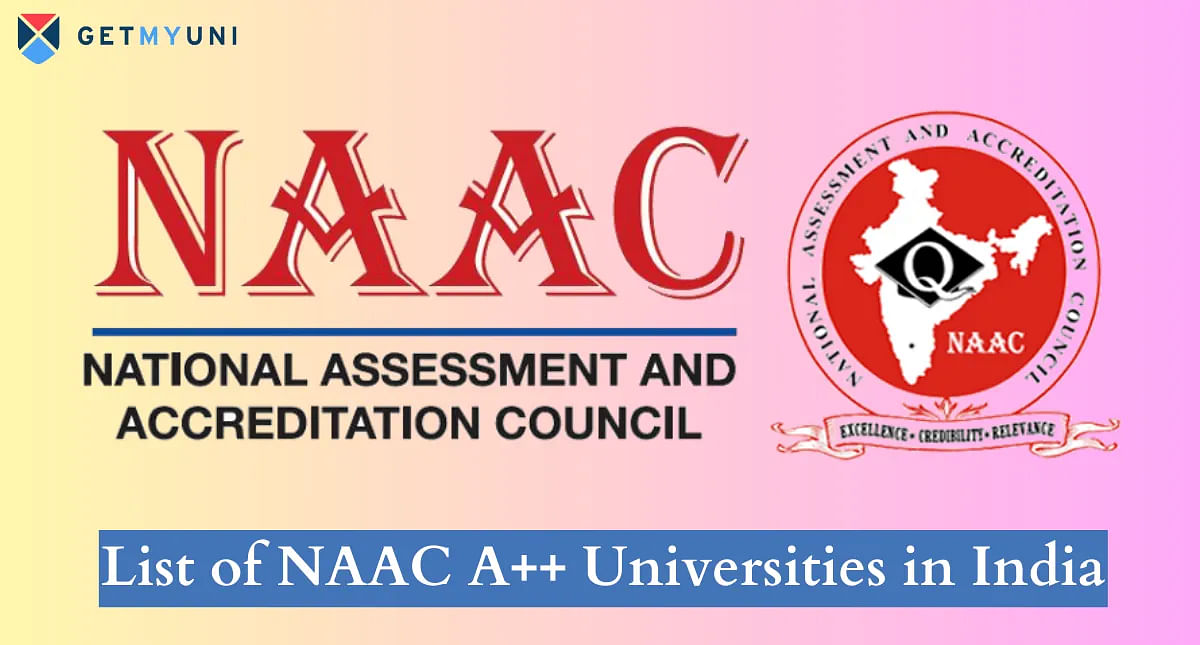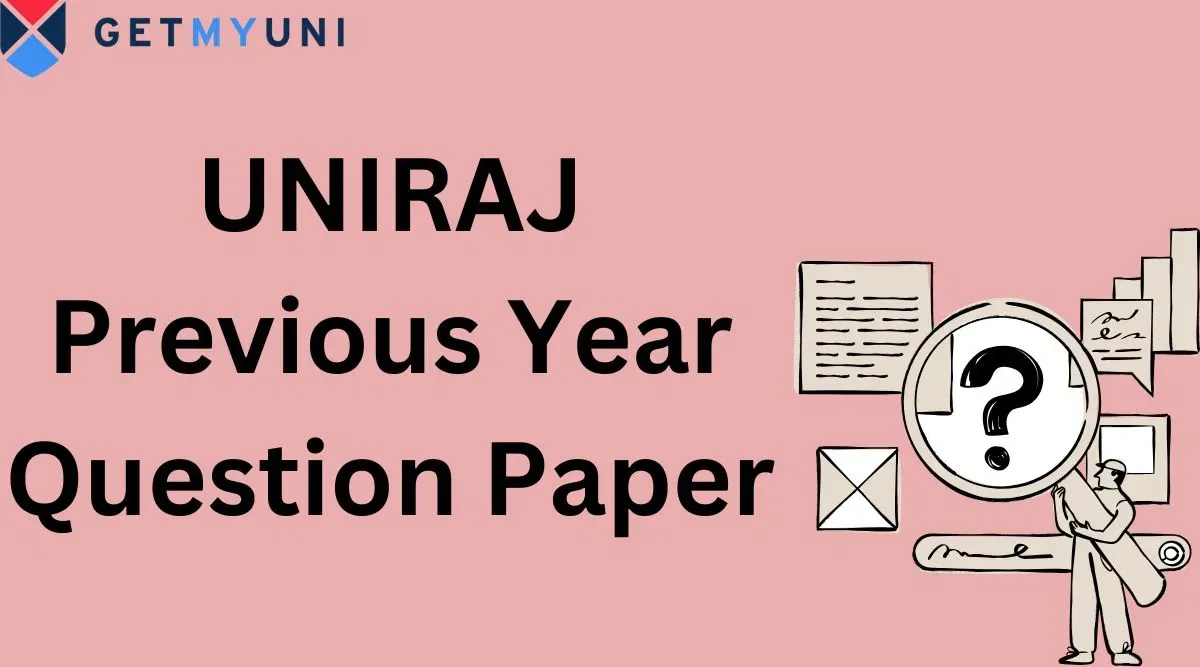Types of Education consists of classroom learning, online classes, training, etc. There are mainly three types, i.e., formal, informal, and non-formal education.
Types of Education are a continuous process of acquiring knowledge, skills, habits, or values through different teaching methods. Types of education consist of formal, informal, and non-formal education. Various types of education allow people to distinguish between right and wrong while helping them to attain their goals.
What is Education?
Education is a learning process to gain knowledge mastery and foster in various aspects of life. The objective of education is to teach students the right skills and knowledge and implant learnings to make them better individuals to dwell in society. Education is a key tool that aims to help learners to tap into their fullest potential.
Types of Education
Education occurs beyond the four walls of the classroom. There are three primary types of education, i.e., formal, informal and non-formal. Students can go through the types of education discussed below.
Formal Education
Formal education is among the types of education that takes place on the premises of the School and continues up to the university. It is associated with distinct stages and is delivered by qualified teachers following specific rules and regulations.
The tutors in formal education are highly skilled and efficient in the area of instruction and observe strict discipline within the learning environment. Further, students and teachers are required to be aware of the purpose of achieving a learning objective in a traditional environment.
Example: Classroom learning, School, College, etc.
Also Read: 5 Advantages and Disadvantages of Online Education
Informal Education
Informal education consists of education that learners receive outside of the structured curriculum. In informal education, students don’t need to follow the formats and levels of formal academies. In this type of education, students learn from their experiences. Informal education is a discussion-based learning that can be given anywhere and starts right after birth.
Example: A mother teaching a toddler to walk, a father teaching his child to ride a bicycle, etc.
Non-Formal Education
Non-formal education consists of adult basic education, adult literacy education or school equivalency preparation. Non-formal education is held willfully, knowingly, and systematically. Non-formal education is given to a homogeneous group. Non-formal teaching aims to meet the needs of the identified group.
Examples: Fitness programs, Boy Scouts and Girl Guides, etc.
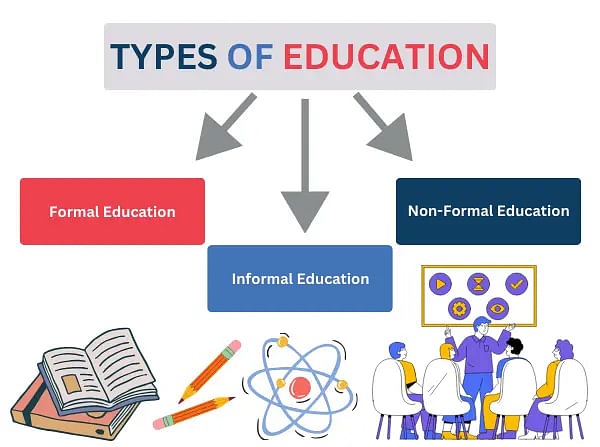
Characteristics of Types of Education
The characteristics of various types of education differ based on curriculum, structure, marking scheme and education quality. Students can go through the characteristics of each type of education mentioned below.
Characteristics of Formal Education
Formal Education characteristics are given below:
- Formal education maintains structure of delivery in a learning environment.
- Formal education is systematically planned and is chronological in nature.
- Students are required to pay a specific fee requirement to access the learning.
- Formal education consists of highly qualified tutors or instructors responsible for student’s learning.
- Formal education is subject-oriented and time-bounding in a learning environment.
Characteristics of Informal Education
Informal Education characteristics are given below:
- Informal education is an independent form of learning and does not follow a definite syllabus structure.
- Informal education does not consist of a timetable and can be taught anywhere in any form.
- Informal education is an experience based learning and is a lifelong process.
- There are no certificates or degrees involved in Informal education.
Characteristics of Non-Formal Education
Non-Formal Education characteristics are given below:
- Non-Formal education is planned and takes place as part of the academic curriculum.
- Non-Formal is highly flexible and adjustable.
- Non-Formal education has no age barrier and does not involve certificates or fees..
- Non-Formal education is a type of education that can either be part time or full time.
- Learners in Non-Formal education receive both theoretical and practical knowledge.
Also Read: 10 Applications of AI in Education in 2023
Advantages of Different Types of Education
Advantages of education vary based on the education model, learning process, practice methods, materials used etc. Students can dig in the advantages for each education type given below.
Advantages of Formal Education
The advantages of formal education is stated below:
- Formal education has an organised educational model and has updated course contents to study.
- Students gain knowledge from trained and professional tutors.
- It is a structured and systematic learning process.
- Formal education consists of Intermediate and final assessments to advance students' learning.
- Various learning schools are highly organised and practice discipline.
- In the formal education system, after every learning students are awarded degrees and certificates.
Advantages of Informal Education
The advantages of informal education is stated below:
- Informal education is a natural learning process that can be learned from anywhere and anytime.
- There are certain activities that build interest among learners
- Informal learning utilises a number of teaching techniques for a better learning experience.
- There is no time limit to learn in an informal education system and it is a cost efficient learning process.
- Informal education methods do not require highly qualified experts; rather every student's learning is impacted by their experience.
- Informal learning is a life long process which commences right after birth.
Advantages of Non-Formal Education
The advantages of Non-formal education is stated below:
- Non-formal education is a practised and vocational based education
- Non-formal education focuses on Literacy with skill-fulness growth and self learning procedure.
- Non-formal education allows age, curriculum and time flexibility.
- Non-formal education system consists of both private and public sectors and students receive theoretical as well as practical training.
- Non-formal education does not require any exam curriculum while degrees, diplomas and certificates are not essential.
Also Read: 30+ Ambedkar Quotes on Education for Students
Disadvantages of Different Types of Education
There are a variety of disadvantages in various types of education systems like lack of discipline, long term study approach, lack of exposure that doesn't benefit learners. Learners can see the disadvantages for each type of education described below.
Disadvantages of Formal Education
The disadvantages of formal education are provided below:
- Due to a systematic traditional curriculum students often lose interest in studies.
- It is a very time consuming procedure and consists of strict evaluations before promoting a student to the next level.
- Students often get stuck and off track from their goals due to strict discipline maintenance.
- The monotonous procedure results in students losing focus and motivation to pursue their goals.
- Formal Education system is very costly for everyone to pursue. Thus, it doesn't allow everyone to live their dream life.
Disadvantages of Informal Education
The disadvantages of informal education are stated below:
- Informal education is very informal that often results in students losing focus.
- There is a lack of discipline in Informal education.
- There is no proper study schedule or time to learn a matter which often results in students getting off-track.
- Candidates can have a lot of confidence issues due to less exposure, bad attitude and habits.
- The outcome of Informal learning cannot be predictable by the tutors or learners.
Disadvantages of Non-Formal Education
The disadvantages of Non-formal education are given below:
- In Non-formal education the participants attendance is unsteady in a learning environment.
- It is not highly valued as there are no certifications or degrees provided after the training or learning.
- Non-formal education requires basic reading and writing skills for learners to understand the lessons.
- Non-formal education does not have any specialised tutors or experts to deliver lessons. Thus, there are less chances of receiving quality education.
- There are high chances of learners being scammed by various institutions.



